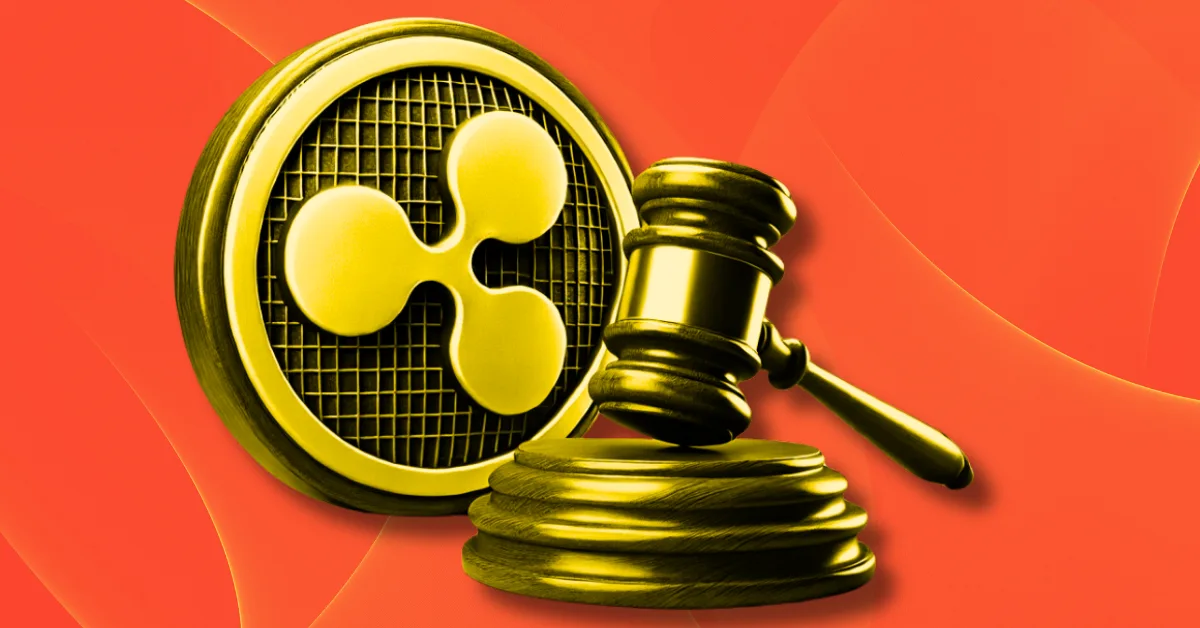
In the dynamic world of cryptocurrencies, Ripple’s XRP has been a prominent subject of discussion. Despite its potential, XRP’s progress is currently restrained due to an ongoing legal battle with the U.S. Securities and Exchange Commission (SEC). The crux of the matter lies in whether XRP should be classified as a security, a question that has sparked significant debate and legal scrutiny.
Donald Trump and His Stance on Cryptocurrency
Ripple’s CEO, Brad Garlinghouse, has recently shed light on Donald Trump’s emerging role as a “crypto advocate.” During his campaign, Trump expressed robust support for cryptocurrency, declaring that if he were to be elected president, one of his initial actions would be to remove Gary Gensler, the current SEC chairman known for his stringent stance against crypto. This move could potentially reshape the regulatory landscape for cryptocurrencies in the United States.
Global Crypto Regulations versus the U.S. Approach
In a revealing interview with the BBC, Garlinghouse contrasted the U.S. approach to crypto regulation with that of other nations such as the UK, Switzerland, and Singapore. These countries have proactively embraced cryptocurrency by establishing clear regulatory frameworks that foster industry growth and attract both entrepreneurs and capital investment. Unfortunately, the U.S. government, particularly during the Biden administration, has demonstrated a more cautious and, at times, adversarial approach toward the burgeoning crypto industry.
The Implications of a Legal Victory for Ripple
The legal confrontation between Ripple and the SEC is pivotal, as it could set a precedent for how cryptocurrencies are regulated in the future. Ripple has been challenging the SEC’s assertion that XRP qualifies as a security. Although a judge ruled last summer that XRP is not a security, the SEC has appealed the decision. Notably, the appeal does not contest the ruling regarding XRP itself, which could have significant implications for the broader crypto landscape.
Garlinghouse has emphasized the necessity for more explicit regulations in the U.S. While Bitcoin and XRP have achieved a degree of regulatory clarity, many other cryptocurrencies, including Ethereum and Solana, remain in a regulatory “gray area.” This ambiguity creates hurdles for the industry’s advancement. Garlinghouse advocates for transparent and well-defined regulations akin to those in the UK or Japan, enabling the crypto industry to operate with confidence and without fear of regulatory uncertainty.
The SEC’s Regulatory Role Under Scrutiny
Garlinghouse has voiced criticism of the SEC, particularly under the leadership of Gary Gensler, for its preference for regulating through enforcement actions rather than establishing formal, clear guidelines. He argues that cryptocurrencies differ fundamentally from traditional securities, as they do not confer ownership or governance rights, and therefore should not be classified as securities. This perspective highlights the need for a nuanced regulatory approach that recognizes the unique nature of digital assets.
In summary, the unfolding legal battle between Ripple and the SEC, alongside global regulatory developments, underscores the critical need for a balanced and informed regulatory framework for cryptocurrencies. Such a framework would not only support innovation but also provide the clarity and security needed for the industry to thrive.






